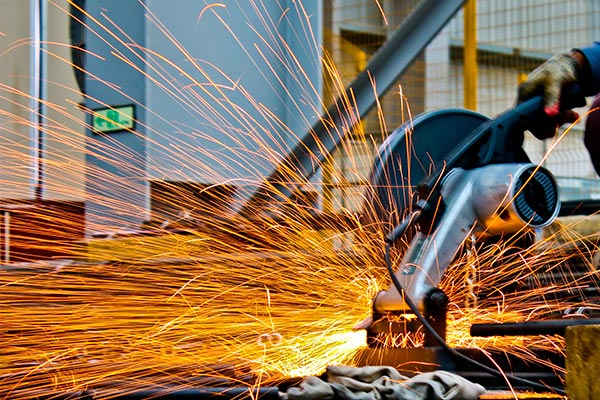Equipment Leasing

A lease is a contract outlining the terms under which one party agrees to rent an asset—in this case, equipment owned by another party. It guarantees the lessee, also known as the lessor, use of the equipment and guarantees the lessor (the property owner) regular payments for a specified period in exchange. Both the lessee and the lessor face consequences if they fail to uphold the terms of the contract. A lease is a form of incorporeal right.
Leases are legal and binding contracts that set forth the terms of rental agreements in real estate and real and personal property. These contracts stipulate the duties of each party to effect and maintain the agreement and are enforceable by each.
Not all leases are designed the same, but all of them have some common features. These include the lease amount, the due date of lease, the expiration date of the lease. The landlord requires the tenant to sign the lease, thereby agreeing to its terms before occupying the property.
Most residential leases are standard with the same terms for all tenants. Leases for commercial properties and equipment, on the other hand, are usually negotiated in accordance with the specific lessee and typically run from one to 10 years, with larger equipment often having longer, complex lease agreements.
 Big businesses prefer this option because they don’t want to own millions of dollars in equipment. This equipment will depreciate substantially with the day-to-day usage. Whoever owns the equipment is responsible for the depreciation on their balance sheet. Also, large corporations may require that the board of directors approve any new loans to the business since. This can make it difficult for the management of the business to operate efficiently. But a lease is not a loan and therefore may not require approval by the board for the managers to get the equipment they need. In smaller businesses this can also be an advantage because they will not show additional debt on the balance sheet that will affect their ability to borrow money in the future. If you are considering selling your business, this may also make your company more attractive to potential buyers since you will be showing less debt on the balance sheet
Big businesses prefer this option because they don’t want to own millions of dollars in equipment. This equipment will depreciate substantially with the day-to-day usage. Whoever owns the equipment is responsible for the depreciation on their balance sheet. Also, large corporations may require that the board of directors approve any new loans to the business since. This can make it difficult for the management of the business to operate efficiently. But a lease is not a loan and therefore may not require approval by the board for the managers to get the equipment they need. In smaller businesses this can also be an advantage because they will not show additional debt on the balance sheet that will affect their ability to borrow money in the future. If you are considering selling your business, this may also make your company more attractive to potential buyers since you will be showing less debt on the balance sheet
For Application Only Transactions (Excellent Credit 720+) Up to $100,000.
1) Application
2) Price Quote, Purchase Order or Spec Sheet
3) Last 6-24 months Business Bank Statements
Full Lease Application Package add one or both as requested (up to $250,000) All the above plus
4) Last 3 years Business Tax returns plus current Profit and Loss
5) Last 3 years Business Financials plus Year to Date
Full Loan Package add (Over $250,000) All the above plus
6) Last 3 years Personal Tax returns (all principals)
7) Personal Financial Statements (all principals)
8) 3-5 year Pro Forma or Projections

